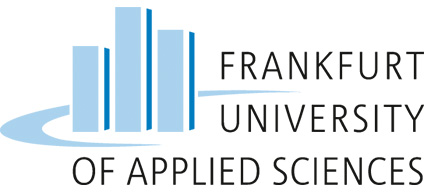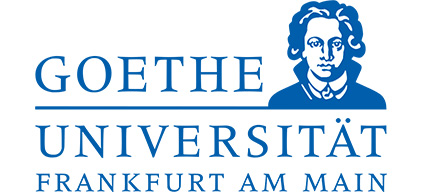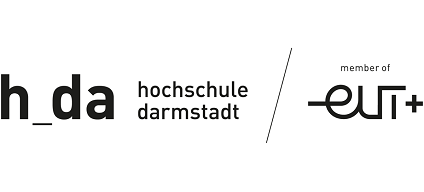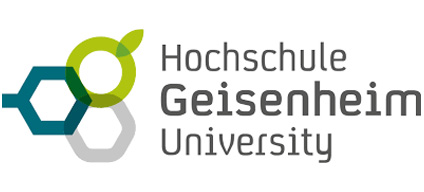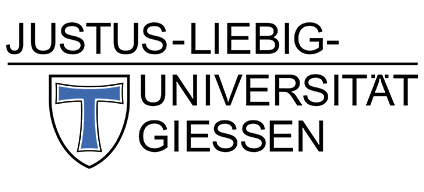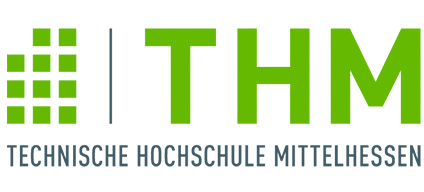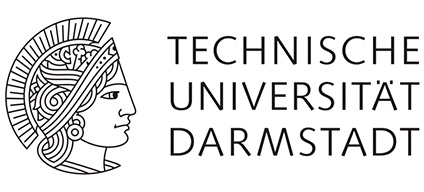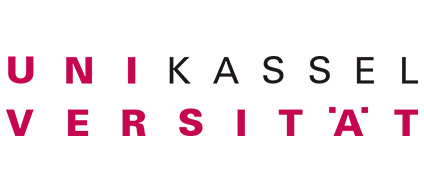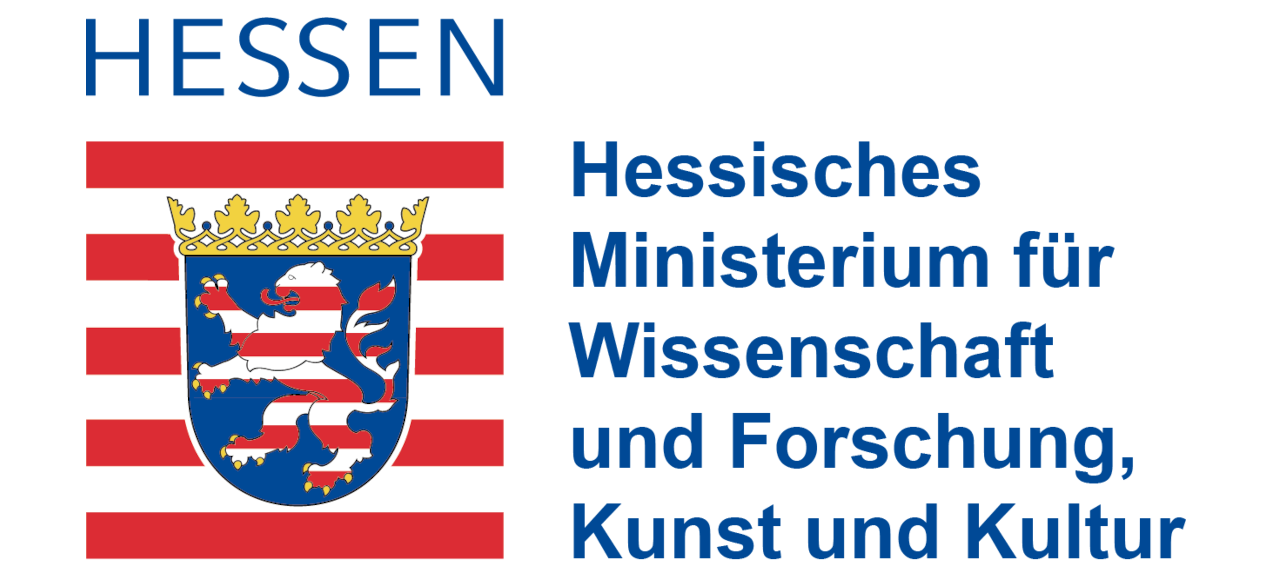About HeFDI
The Hessian Research Data Infrastructure (HeFDI) is a state initiative that has united eleven state-funded Hessian universities under the leadership of Philipps University Marburg since 2016. HeFDI focuses on operating, maintaining, and further developing established research data infrastructures to secure, preserve, and make digital research data accessible as a valuable resource for the scientific community.
In the current project phase (2021–2024), HeFDI continues to enhance its six key fields of action:
- Guidelines, Policies, and Data Management Plans: Refining and implementing policies and plans for effective research data management.
- Data Culture and Data Literacy: Strengthening an open data culture and fostering data literacy through advanced training and informational resources.
- Availability and Interoperability: Ensuring the continuous accessibility and compatibility of research data across platforms.
- Legal Issues Regarding Research Data: Addressing ongoing legal aspects of research data, including licensing and data protection.
- Governance and Organizational Development: Sustaining and improving structures and processes for long-term research data management.
- Institution-Specific Development Paths: Supporting the evolving needs and development of individual universities.
A key focus of HeFDI is to provide ongoing support to researchers in managing their data throughout the research lifecycle, from creating and refining data management plans, integrating data management into grant applications, actively managing data during projects, to publishing and preserving research data for long-term use.
To support these activities, HeFDI offers a comprehensive suite of services and training opportunities, including:
- Events & Trainings: HeFDI organizes regular workshops, webinars, and training sessions tailored to the needs of researchers. Examples include the "HeFDI Data School" for beginners and advanced users, programming workshops such as the "HeFDI Code School," and thematic events like the "HeFDI Data Week," which covers topics ranging from data sharing to FAIR principles.
- Information and Consulting: Researchers can benefit from personalized consulting services. Examples include assistance in creating data management plans, legal advice on licensing and data protection, and tailored guidance for integrating data management into funding proposals.
- Services: HeFDI provides access to a variety of tools and resources. Examples include secure data storage solutions, repositories for publishing datasets, templates for data management plans, and standardized workflows for long-term data preservation.
Through its established infrastructures and close collaboration with the National Research Data Infrastructure (NFDI) and other state initiatives, HeFDI ensures a seamless and effective integration of research data services at both state and national levels.
The participating universities operate local service centers and adhere to institution-specific guidelines for handling research data. Within the state initiative, they work collaboratively to sustain and enhance the research data infrastructure, ensuring its continued relevance and efficiency for the scientific community in Hesse.
-
HeFDI Coordination Office The HeFDI office organises and supports cooperation in the HeFDI state initiative – Hessian Research Data Infrastructures. You can find more information here.
-
Projects HeFDI participates in various projects where research data management is tested and taught in a practical way. You can find more information here.
-
User Stories of the State Initiative The aim of this presentation is to develop prototypical user stories based on previous consulting cases and direct contacts with members of the HeFDI universities. You can find more information here.
-
Job Advertisements From time to time, positions become available in the HeFDI project. You can find more information here.
-
Privacy statement Privacy statement General information on the processing of your data

